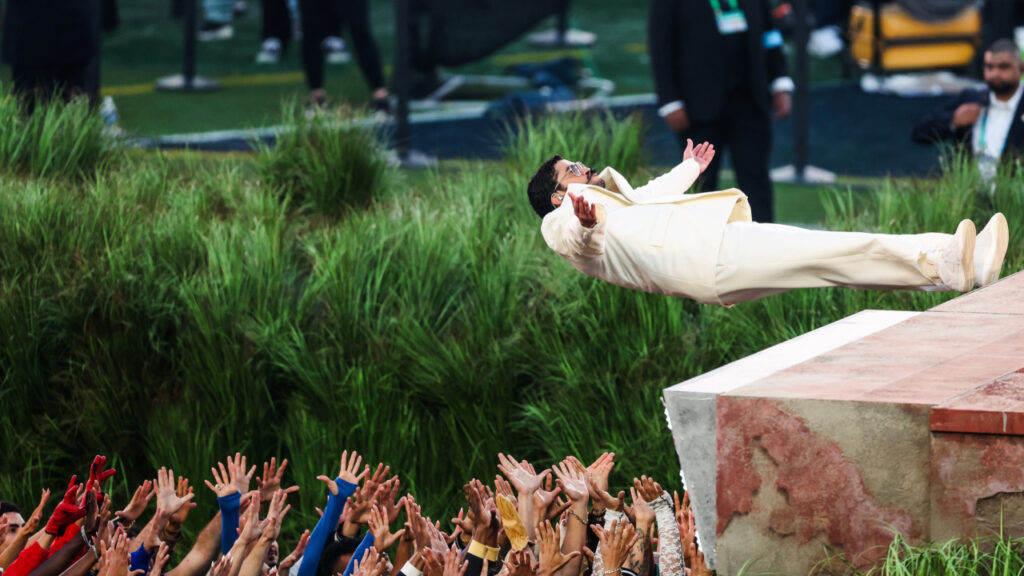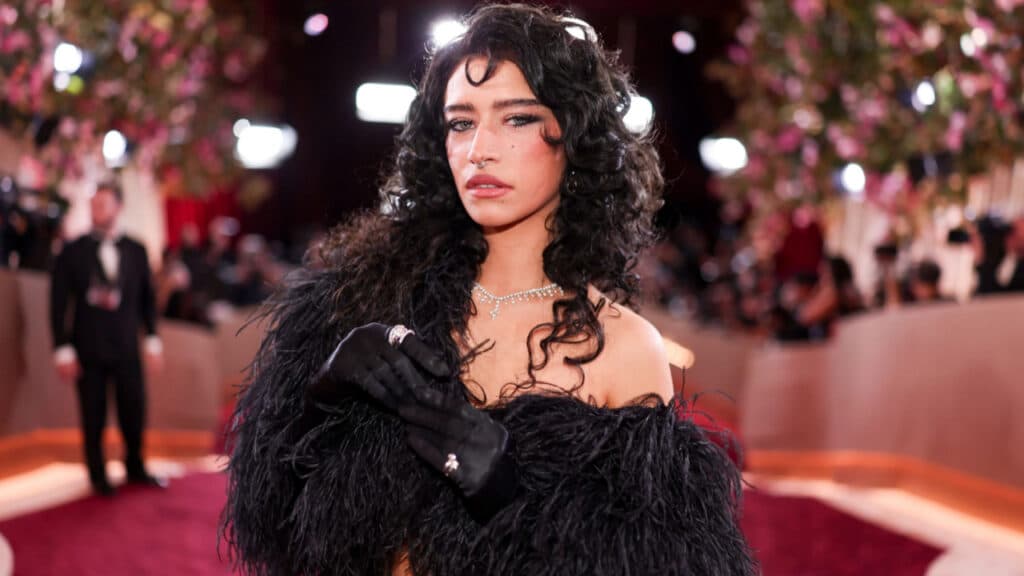
Farewell to Chita Rivera: The Broadway Triple Threat Who Owned the Stage
People called her a triple threat. A dancer, actress, singer, and all-around charmer, Chita Rivera’s life has lowered its final curtain on an adventure we can only describe as an intense love affair with the performing arts. The three-time Tony Award winner passed away on January 30 at 91.
Chita Rivera was the first Latina and the first Latin American to receive a Kennedy Center Honor in 2002 and the Presidential Medal of Freedom in 2009. However, she received her most memorable accolades on the stage.
Rivera became famous for playing the role of Anita in “West Side Story” in 1957. “To be in her presence was to behold greatness,” said Ariana DeBose, who reprised the role 64 years later in Steven Spielberg’s adaptation.
“I always got the sense that she had great expectations. But none greater than the ones she held herself to,” DeBose continued in a post on Instagram. “I am heartbroken and yet ever inspired as she showed so many of us what was possible.”

A natural talent
Dolores Conchita Figueroa del Rivero, was born in Washington, D.C., in 1933. She was the daughter of a government employee and a Puerto Rican musician. Her father died when Rivera was seven years old.
At eleven, she began studying ballet at the Jones-Haywood School. Four years later, she won one of two scholarships available to study at George Balanchine’s School of American Ballet in New York.
In 1951, Rivera landed a role in the touring company of Call Me Madam. From then on, she had steady opportunities in Broadway productions. Her roles included Guys and Dolls, Can-Can, Mr. Wonderful, and Seventh Heaven.
But it would be her role in West Side Story that would make her a Broadway star.

For the love of “instant gratification”
Despite being a Latina star and pioneer, few recordings of Chita Rivera’s work are available. That’s because most of her career took place on the stage.
“It’s communication; that’s what theatre is all about,” Rivera once told professional actor John Garcia. “You take a plug and put it in a socket, and that’s what the theatre is — it lights up right away. You communicate immediately!”
“It’s immediate gratification, and that’s what it’s meant to be. It’s not meant to be a form for you to wallow all over; it’s meant to communicate.”
Chita Rivera, however, communicated much more than brilliant lyrics and incredible roles. After the success of West Side Story, Rivera proved to the world that Latinos could play any role. She was living proof that talent goes beyond the roles the industry wanted to impose.
“Chita showed me that we Latinos can play roles that do not stereotype us or make us feel like lower class citizens,” Garcia wrote in “The Column.” “She made me believe in myself and not let the color of my skin stop me from auditioning for roles that were not specifically written for my ‘type.'”

When hard work pays off
By the 1960s, Chita Rivera’s talent and discipline were already legendary in the theater industry. Her first Tony Award nomination came for her role as Rose in Bye Bye Birdie opposite Dick Van Dyke.
As a singer, she recorded her first single in 1965. She received her second Tony nomination for the role of Velma Kelly opposite Gwen Verdon in the original cast of the Bob Fosse-directed musical Chicago in 1975.
Catherine Zeta-Jones, who won an Oscar for playing the role in the film adaptation, recalled the “incredible impact” of Chita Rivera following the news of her passing.
“From dreaming of being you as a little girl, then meeting you and then being deeply connected to you by playing the one and only Velma Kelly in Chicago,” Zeta-Jones posted on Instagram, “There will never, ever, be anyone like you Chita, ever.”
Chita Rivera was nominated ten times for Tony Awards, winning three, including one for Lifetime Achievement.
Chita Rivera’s tenacity stayed with her until the end
In 1986, just as she was celebrating winning her first Tony and Drama Desk Awards for her role as Anna in the musical The Rink opposite Liza Minnelli, Rivera was involved in a severe accident. Her car collided with a cab on West 86th Street in Manhattan, and she broke her left leg in twelve places.
After rehabilitation, Rivera toured the country two years later in the musical Can-Can. In the 1990s, she appeared in the musical Kiss of the Spider Woman. She also went back to the cast of Chicago, this time in the role of Roxie Hart.
A decade later, she appeared in small roles on television and continued participating in plays both as an actress and producer.
During the last few years, her records from the 1960s were reissued, and she released her third solo album, “And Now I Swing,” in 2008. She returned to Broadway in The Visit, the last musical written by John Kander, Fred Enn, and Terrence McNally. She was a frequent guest narrator at Disney’s Candlelight Processional at Walt Disney World through 2022.
On January 30, 2024, Rivera’s longtime publicist, Merle Frimark, told the media Rivera died “peacefully in New York after a brief illness.”
The iconic Rita Moreno, who won the Best Supporting Actress Academy Award for playing Anita in the 1961 film adaptation of West Side Story,” remembered Chita Rivera with pride.
“When I found out that this astonishing creature was one of my people [from Puerto Rico], I crowed with pride,” Moreno told CNN. “Over the years, we were sometimes mistaken for each other, which I always viewed as a badge of honor. As I write this, I am raising a glass to this remarkable woman and friend. Chita, amiga, Salud!”




